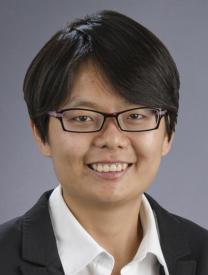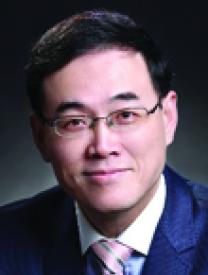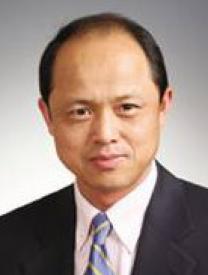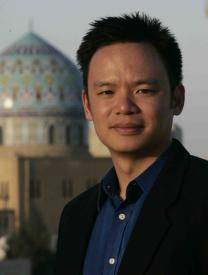Art Test Fever: Art School and Evaluation Regimes in China
Lily Chumley, Assistant Professor of Media, Culture and Communication, New York University
Over the course of the 1990s and early 2000s, the Chinese art and design secondary education system expanded dramatically, along with the private test-prep schools that prepared students for standardized examinations…
It Takes Two to Tango: Autocratic Underbalancing, Regime Legitimacy, and China’s Responses to India’s Rise
Oriana Skylar Mastro, Assistant Professor of Security Studies, Edmund A. Walsh School of Foreign Service, Georgetown University
Why has China yet to respond strongly to improving and expanding Indian military capabilities, in particular along the disputed border? This article posits a new mechanism that discourages appropriate balancing…
Access to Elite Education, Wage Premium and Social Mobility: The Truth and Illusion of China's College Entrance Exam
Ruixue Jia, Assistant Professor of Economics, UC San Diego
This study examines the returns to elite education and the implications of elite education on mobility, exploiting an open elite education recruitment system – China’s College Entrance Exam. We conduct annual…
2017
Challenges to Children’s Welfare in Contemporary China
Center for the Study of Contemporary China 5th Annual Conference
The 2017 annual conference brings together experts from diverse disciplinary backgrounds to share their views on challenges to children’s welfare in contemporary China. Topics include poverty, nutrition and…
China's Economic Statecraft in Asia and Europe
James Reilly, Associate Professor of Government and International Relations, University of Sydney
Never in world history has one government had so much control over so much wealth.Tempted by their broad authority over China’s massive economy, Chinese leaders deploy economic resources in attempts to influence…
Does Centralized Judicial Control Mitigate Local Protectionism in China?
Empirical Study of China Supreme People’s Court’s Decisions on Non-enforcement of Foreign Arbitral Awards (1995-2015)
Shen Wei, Dean & Professor of Law, Shandong University Law School
To fight against local protectionism in court enforcement proceedings, China’s Supreme People’s Court issued a notice requiring intermediate courts have to receive the Supreme People’s Court’s approval before…
Who Governs Multiethnic China?
Sara Newland, Assistant Professor of Political Science, Villanova University
While China’s provincial-level minority autonomous regions—and in particular Tibet and Xinjiang—receive substantial media attention, the sensitivity of ethnic politics in China makes these regions difficult to study…
Observations on China’s Judicial Reforms
Xixin Wang, Professor of Law, Peking University Law School
Xixin Wang, Vice dean and Professor of Peking University Law School, was appointed as an Associate Chief Judge of Administrative Division of Supreme People's Court of China by NPC's Standing Committee in April 2015.…
Covering China: The People and the Power
Edward Wong, Beijing Bureau Chief, The New York Times
Edward Wong, the Beijing Bureau Chief of The New York Times, talks about his nine years of reporting on China and the challenges faced by Western news organizations in an increasingly authoritarian era.
Law in Polarised Societies: Hong Kong and China
Michael Hor, Professor of Law, University of Hong Kong; Simon Young, Professor of Law, University of Hong Kong; Fu Hualing, Professor of Law, University of Hong Kong; Sun Haochen, Associate Professor of Law, University of Hong Kong
Twenty years ago, Hong Kong returned to Chinese rule under an arrangement that promised “one country, two systems.” Today, the relationship between Hong Kong and Mainland China are often contentious, and a source of…







